EDITORIAL
Published on 30 Jul 2019
Editorial: Human Milk Composition and Health Outcomes in Children
doi 10.3389/fped.2019.00319
- 5,683 views
- 10 citations
41k
Total downloads
238k
Total views and downloads
EDITORIAL
Published on 30 Jul 2019
REVIEW
Published on 27 Feb 2019
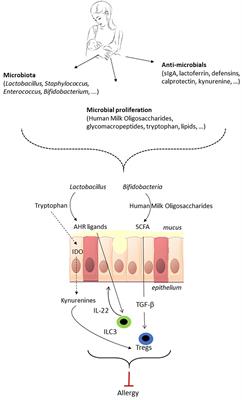
ORIGINAL RESEARCH
Published on 17 Jan 2019
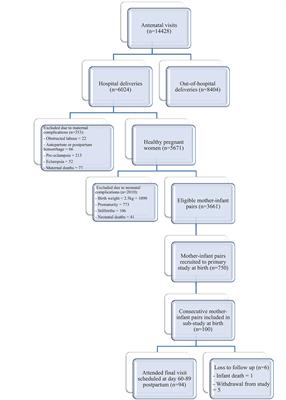
REVIEW
Published on 24 Oct 2018
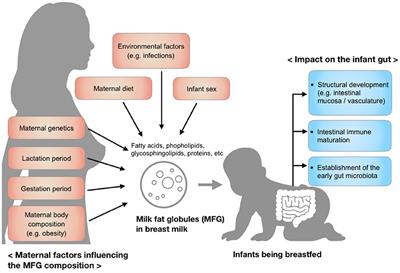
MINI REVIEW
Published on 27 Sep 2018
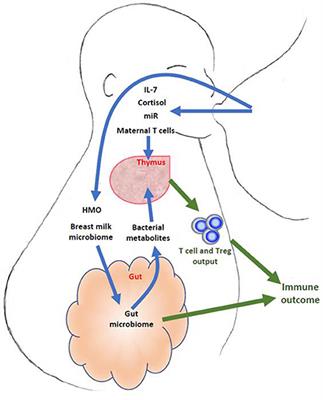
REVIEW
Published on 10 Sep 2018

MINI REVIEW
Published on 07 Aug 2018
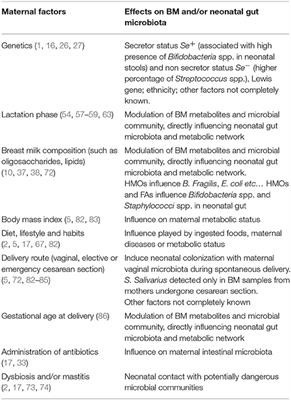
REVIEW
Published on 07 Aug 2018
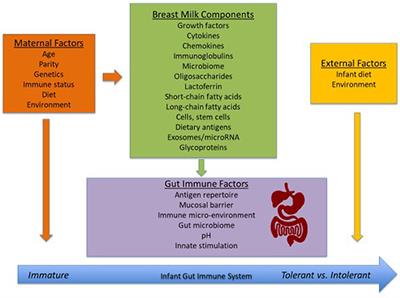
MINI REVIEW
Published on 24 Jul 2018
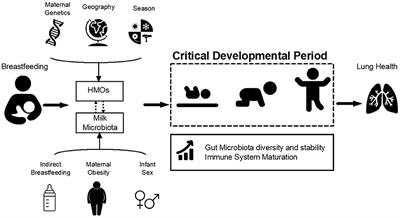
REVIEW
Published on 02 Jul 2018
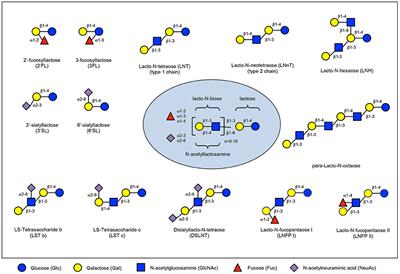
ORIGINAL RESEARCH
Published on 01 Jun 2018
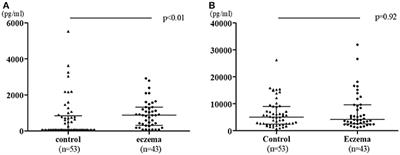
SYSTEMATIC REVIEW
Published on 20 Apr 2018
